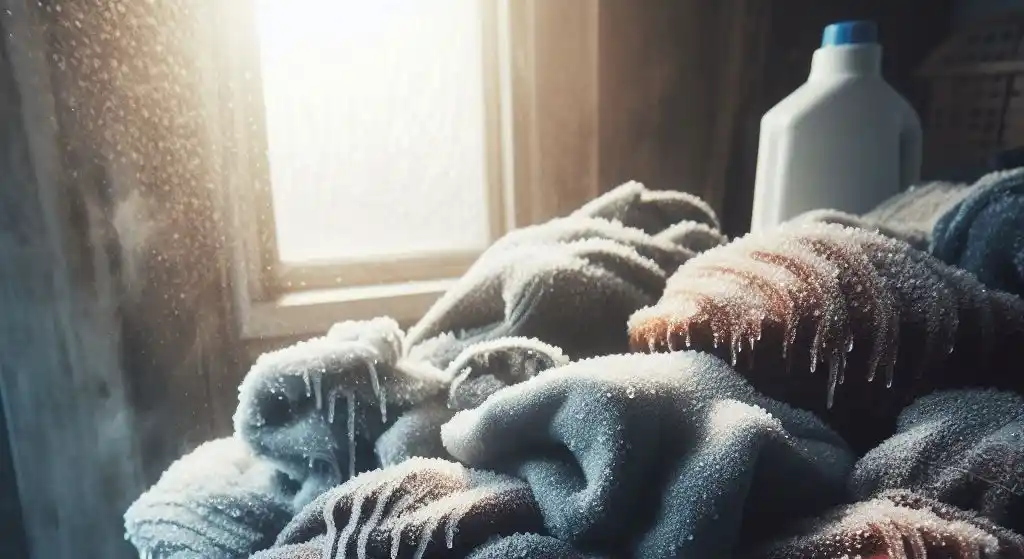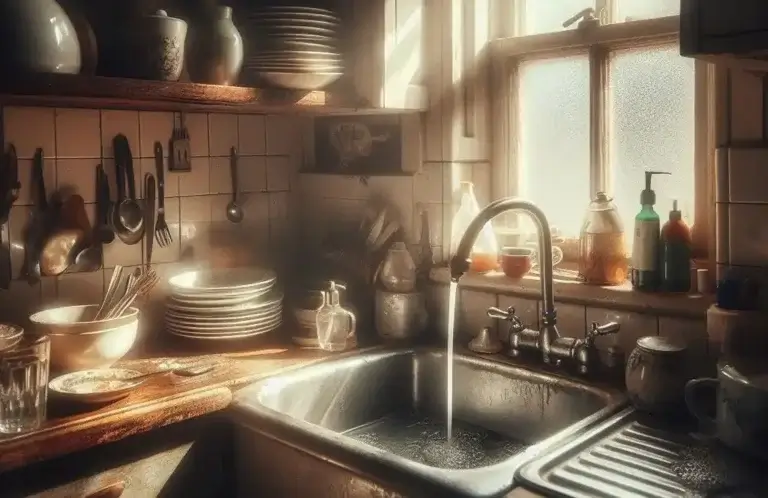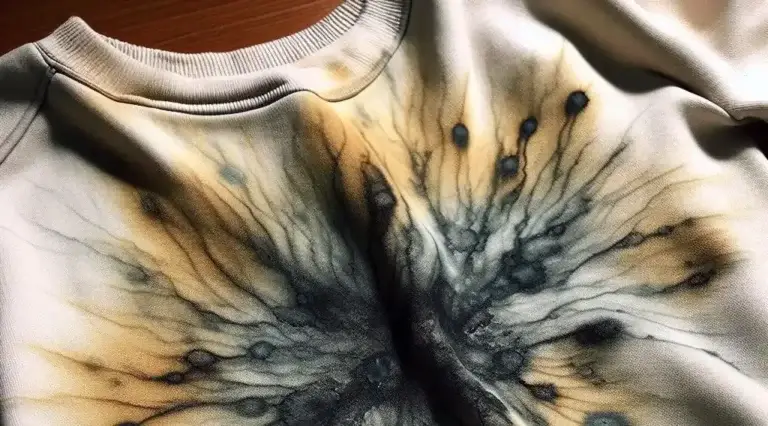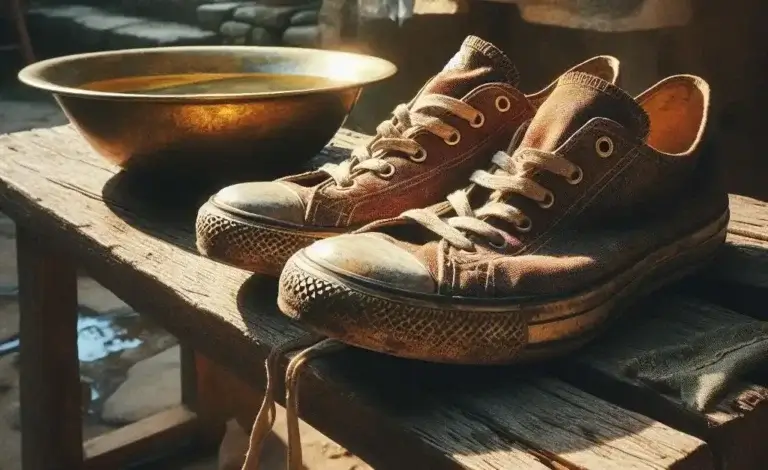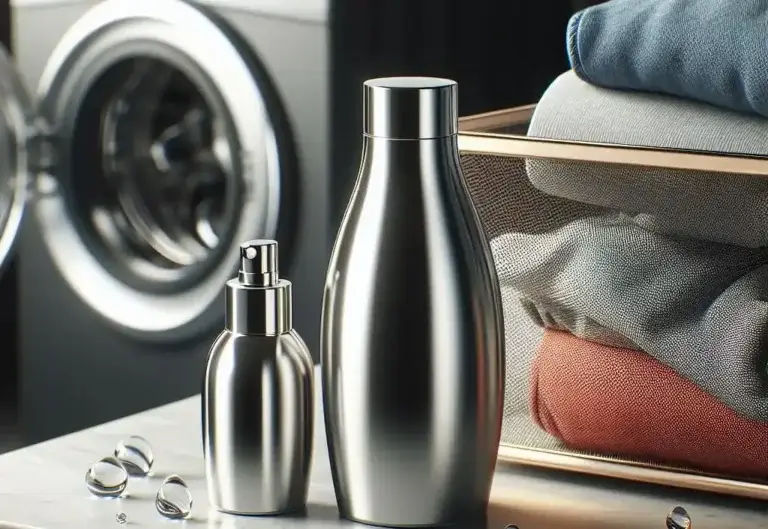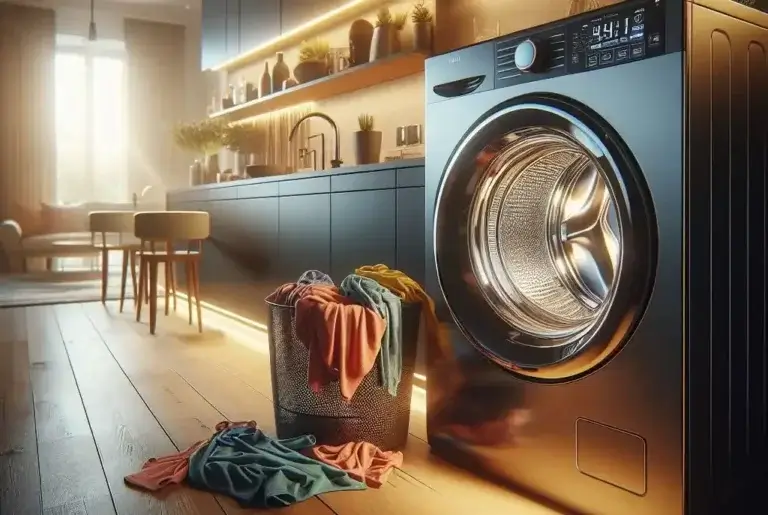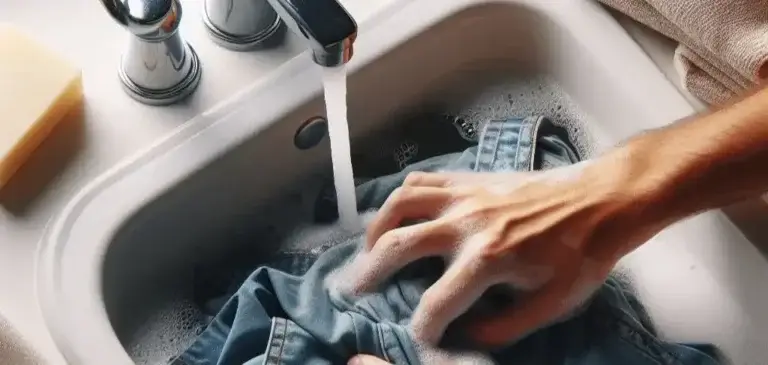Can I Do Laundry When It’s Below Freezing Outside? Can Extreme Cold Weather Affect Your Appliances?
Old man winter can wreak havoc on your home, especially your appliances. So when temperatures drop below freezing, you may wonder – can I do laundry when it’s below freezing outside?
The short answer is yes, you can still run your washing machine even when it’s freezing outside. However, extra care must be taken to prevent water damage from frozen hoses, valves, and pipes. Read on to learn how extreme cold affects laundry machines and appliances and the steps you can take for safe winter laundry.
Table of Contents
How Does Freezing Weather Affect Washing Machines?
Washing machines, especially those in basements, garages, or along outside-facing walls, are vulnerable to extreme cold weather. Here’s how frigid temperatures can impact laundry:
Frozen Water Lines and Valves
The water lines that supply water to your washer can freeze in subzero temps. This may cause the water intake valve to break or leak. Instead of water, you’ll get ice pouring into the washing machine tub or water skipping cycles completely.
Not only will frozen lines stop you from running a load, but cracks and leaks can lead to water damage as ice melts. Water everywhere around your washer creates hazardous slipping and electrical hazards.
Washing Machine Hoses Freezing
The hoses that connect your household water supply to the laundry unit can also freeze in bitter cold. Rubber washing machine hoses are especially prone to bursting. This allows excess water to pour out onto the floor.
If severely frozen, the washer hoses themselves can crack. Even small cracks drip water continuously, eventually soaking into walls and foundations.
Mechanical Problems
The mechanical timers, pumps, and motors within washing machines aren’t fans of freezing temperatures either. Subzero cold affects appliances due to lubricating greases and oils that thicken. This strains the motor when trying to run the wash or spin cycle.
Prolonged freezing with poor insulation can even warp water pumps and other integral machine parts. This leads to premature breakdowns, leaks, and other laundering woes.
Will My Dryer Work If It’s Below Freezing Outside?
Clothes dryers are generally more cold-resistant than washing units. However, electric or gas dryers in uninsulated basements, garages, or porches may struggle in frigid conditions.
When temperatures get cold enough, dryers have a tough time maintaining the air temperatures needed to dry your wet laundry. Instead, they’ll run continuously without ever feeling hot. This wastes energy without getting garments dry.
Ice on outdoor wall vents can also cause vent blockages. Vent obstructions don’t allow enough airflow for moisture to properly vent out. This means wet laundry sits in the drum, or moist air flows back into your house. Both can encourage mold growth in machines and ductwork.
Can Extreme Cold Temperatures Damage Other Appliances?
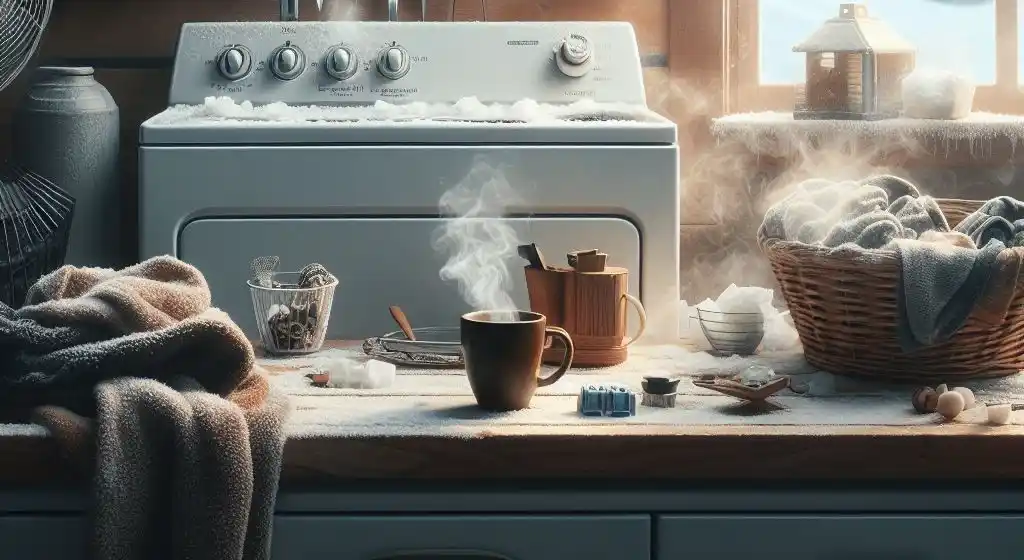
It’s not just laundry units that suffer damage from freezing temps in winter. Refrigerators, HVAC systems, and plumbing are also vulnerable when the temperature may cause freezing. Here are some of the most common appliance issues:
Refrigerator Ice Makers Stop Working
Subzero temperatures often cause refrigerators with ice makers to stop producing ice instead of water. When it’s too cold, the small supply line can freeze up. Without liquid water, the fridge makes ice cubes at a glacial pace or stops completely.
Pipes Burst or Crack
In poorly insulated homes, freezing temperatures cause water in pipes to expand as it turns to ice. This tremendous pressure makes copper pipes crack and PVC plastic pipes become brittle. Even small fissures lead to major leaks once temperatures warm.
Furnaces Can’t Keep Up with the Cold
During extreme cold snaps, home HVAC systems work extra hard to maintain indoor temps. Dirty filters, lack of maintenance, or inadequate insulation cause overworking. In some cases, the high demand may exceed the heating capacity of an older HVAC system altogether. Loss of heat allows indoor temperatures to drop dangerously low.
In severe cold when heat pumps ice over or a furnace breaks, you’ll deal with frozen and burst pipes. No power means no way to run your refrigerator, charge devices, or do anything requiring electricity.
Can I Do Laundry When It’s Below Freezing Outside?
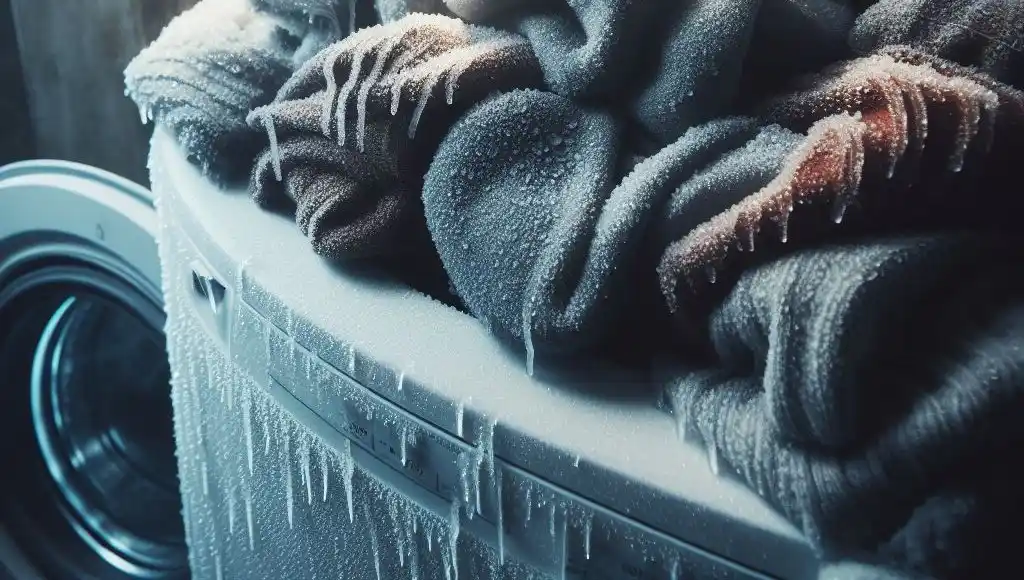
Doing laundry in freezing weather is usually okay IF you take proper precautions. Here are tips for safely washing clothes when cold temps freeze hoses and pipes:
Insulate Washing Machine Hoses
Wrapping all washing machine hoses with an insulating pipe sleeve helps prevent freezes. Secure the open ends with duct tape. This step not only protects the rubber from cracking as the water inside expands into ice instead of water but also prevents pipes from freezing. Insulating hot and cold supply lines helps too.
Winterize Laundry Rooms
For laundry facilities in unheated basements or garages, insulate the room itself. Seal all vents, cracks, and gaps letting cold air inside. A portable space heater on laundry days helps regulate warmer temps.
Drain Washers After Use
Once finished washing for the day, drain any standing water from hoses using air pressure. This clears pipes so residual water doesn’t freeze overnight and rupture lines. Simply reconnect everything when ready to resume laundering.
Doing laundry only during warmer daytime hours gives your unit and supplies time to thaw safely between loads. Avoid using laundry services in the evenings once the temperature drops.
Have a Backup Plan
Even with precautions, Mother Nature still causes her fair share of winter woes. Have a plan B for laundry just in case pipes freeze, power goes out, or appliances break. Handwashing, portable units, laundromats, and wash-and-fold services prevent you from losing weeks of laundry time to winter storms.
Use an Indoor Drying Rack
Rather than risk vent blockages, dry wet laundry on an indoor rack. Move clothes near a heat source to speed drying if your home stays cold. While less convenient, air drying works in a pinch whether power is on or off.
How to Prepare Home Appliances for Extreme Cold
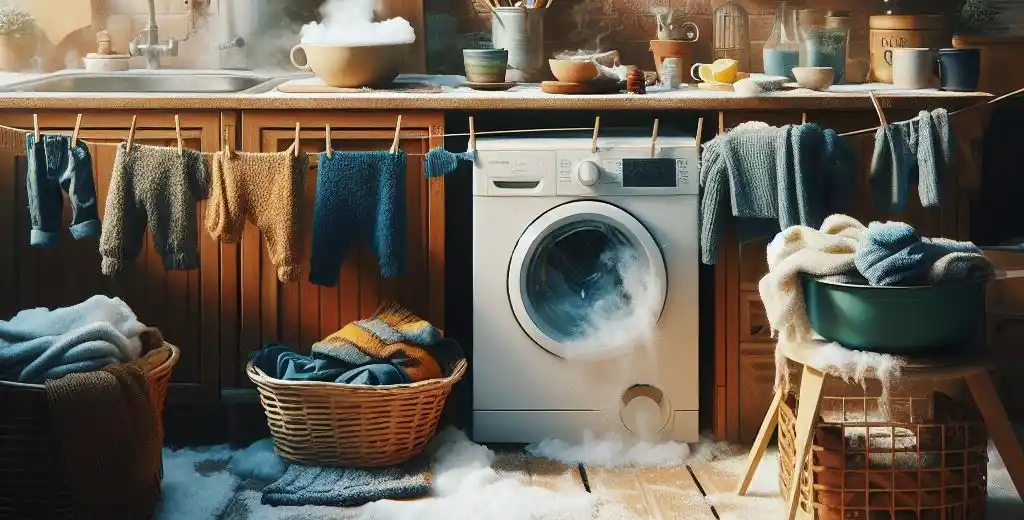
Aside from careful laundry habits, properly preparing home appliances makes them better able to withstand freezing weather. These winterization tips help prevent damage:
Insulate Water Pipes
Any pipes stretched through unheated crawl spaces, attics, garages, or basements need insulation. To protect municipal water lines from street shut-off valves to the house foundation, consider controlling water temperatures and insulating pipes from freezing. Covering vulnerable pipes keeps flowing water warmer and less likely to freeze.
Weatherstrip Doors and Windows
Prevent cold outdoor drafts from dropping indoor temperatures too low. Apply weatherstripping around ill-fitting exterior doors and windows during winter. Maintaining temps above freezing helps keep appliances running smoothly all season long.
Service HVAC Units
Technicians can check that heat pumps, furnaces, and boilers are all in good working order before winter hits. Diagnose any drips, seals, or duct issues on older units. Refrigerant levels, blower fans, air filters, and flues in appliances may also need servicing after prolonged summer use and are at risk when temperatures are below freezing.
Shovel Near Outdoor Unit
Keep a clear area around external condenser units once snow starts falling. Build a firewall around your unit using scrap wood or fence boards to protect the sides from wind gusts. Getting covered by snow blocks vital airflow to the refrigerant coils.
Insulate Pipes and Hoses
Outdoor spigots, pools, irrigation systems, and external pipes all need covering too. Hardware stores sell pipe insulation made specifically for shielding water lines and valves outdoors. Remember to wrap any rubber appliance hoses stretched through unheated areas as well.
Drain Pools, Hot Tubs and Fountains
To avoid catastrophic cracking and leaks, permanently drain outdoor water features for winter. Or use aquarium heaters designed for maintaining smaller water fixtures through cold snaps if draining isn’t an option.
Keep Garage Doors Closed
Freezing winds can directly enter indoors when garage doors are left open during freezing temps. This subjects any appliances like freezers or laundry units to frigid conditions. Keep doors shut tight. Even better, install an insulating garage door insert to trap indoor warmth.
<H2>FAQs About Laundry and Home Appliances in Extreme Cold</H2>
If the below-freezing temps have you wondering how best to do laundry in winter and protect home appliances, consider these frequently asked questions:
Is it safe to use my washing machine when it’s below freezing outside?
Yes, running a washing machine is generally safe even when temperatures drop far below freezing. However, additional precautions must be taken to avoid burst hoses, frozen valves, and other cold weather damage.
Insulate all water lines and washing machine hoses stretched into unheated areas. Only run laundry during warmer daylight hours for easier winterization each evening. And have a backup manual laundering plan if pipes still freeze despite preparations.
What temperature is too cold for a washing machine?
Most residential washing machines properly function down to temperatures right around freezing – as cold as 35°F. Performance may suffer slightly below this point as the water cools and mechanical parts get stiffer. But today’s appliances are designed to withstand chilly water.
However, prolonged exposure to subzero colds negatively impacts hoses and valves. Allowing laundry facilities or water pipes to freeze day after day ultimately causes leaks and burst lines.
Why does my washing machine keep freezing up?
Washing machines pushed into uninsulated garages or basements often freeze, especially the hoses. The washer itself contains very little water to freeze solid. But the attached supply hoses snake through extremely cold areas, allowing ice blockages.
Consistent freezing weather causes rubber supply lines to crack as internal water expands. This leads to leaks, puddles, and water damage each time you do laundry. Boosting insulation around the machine and pipes prevents this freezing damage.
Do pipes freeze at 32 or 0 degrees?
Water within pipes begins transitioning from liquid to solid ice at 32°F and freezes completely just below 0°F. However, a pipe’s material and insulation levels also impact this freeze point threshold slightly up or down. Stagnant water left sitting in pipes overnight freezes more easily as well when the water temperatures drop below freezing point.
Running water takes longer to freeze, especially when the temperatures are below freezing. So overnight and severe cold snaps usually do the most winter damage to residential water lines. As ice forms inside, pipes also expand, eventually splitting seams wide open when temperatures are below freezing.
Can appliances work in freezing temperatures?
Yes, most modern home appliances function normally despite cold weather. Newer washing machines, dryers, HVAC systems, and refrigerators tolerate near- or sub-freezing conditions. However, prolonged freezing causes wear, tear, and breakdowns quicker than in warmer climates.
Vulnerable plumbing and utility hookups also suffer more winter damage. Hoses, valves, seals, and lines burst as water inside expands while freezing. So while the appliances themselves resist cold, attached parts still freeze and leak over time.
Conclusion
Coping with laundry and household appliances in winter takes foresight and additional vigilance. During winter months, it’s essential to insulate washing machine hoses stretched through unheated areas to enable people to do laundry indoors effectively. Run laundry only during warmer daylight hours. Provide garage and basement appliances with supplemental heating sources.
Prepare all water lines for inevitable subzero snaps by insulating pipes early. Service furnaces, wrap outdoor spigots, and maintain clear airflow around external HVAC machinery before the first deep freeze hits. Consider investing in cold-rated washing machines and laundry centers intended for snowy climates as well.
While modern appliances resist freezing quite well, taking proper cold weather precautions makes them last even longer. Stop putting off winterizing your home. Schedule inspections of all HVAC, plumbing, and laundry systems today to catch issues ahead of the coming winter wrath. By protecting your pipes and appliances from freezing temps, your laundry routine will thank you!
FAQs About Laundry and Home Appliances in Extreme Cold
Is it safe to use my clothes dryer when it’s below freezing outside?
Yes, you can safely run your clothes dryer even when temperatures plummet below freezing. Dryers generate their heat internally to dry wet laundry and are more insulated from outdoor conditions.
However, dryers in unheated basements or garages may struggle to reach warm enough temperatures for proper drying cycles. Ensure dryer vents aren’t blocked so warm, moist air flows outside as intended. Using dryer racks or hanging clothes indoors saves energy if your machine has difficulty reaching its typical operating temperature.
Can I hang dry laundry outside when it’s freezing?
It’s not recommended to hang dry laundry outdoors once temperatures drop below freezing. Not only will wet clothes struggle to fully dry in cold, humid air, but they may freeze solid on the line overnight. This leaves clothes stiff and prone to damage as ice crystals form in the fibers.
Use an indoor drying rack instead. Position it nearer to a heat source like a vent or portable space heater to better facilitate evaporation. While it takes longer than machine drying, air drying indoors prevents permanent harm to clothes from freezing solid.
What temperature is too cold for my HVAC system?
Many HVAC systems effectively maintain indoor warmth even in subzero conditions. However, prolonged exposure to extreme cold taxes components more than milder climates. Dirty filters, low refrigerant levels, or lack of weatherproofing causes hot air furnaces and heat pumps to overwork trying to keep pace.
If outdoor temperatures remain below 0° Fahrenheit for multiple days, schedule an emergency HVAC inspection. Technicians can troubleshoot any issues threatening heating capacity or efficiency. This preserves both comforts and avoids exorbitant energy bills associated with an overextended unit.
Let me know if you need any other additional questions answered in the FAQ section!

